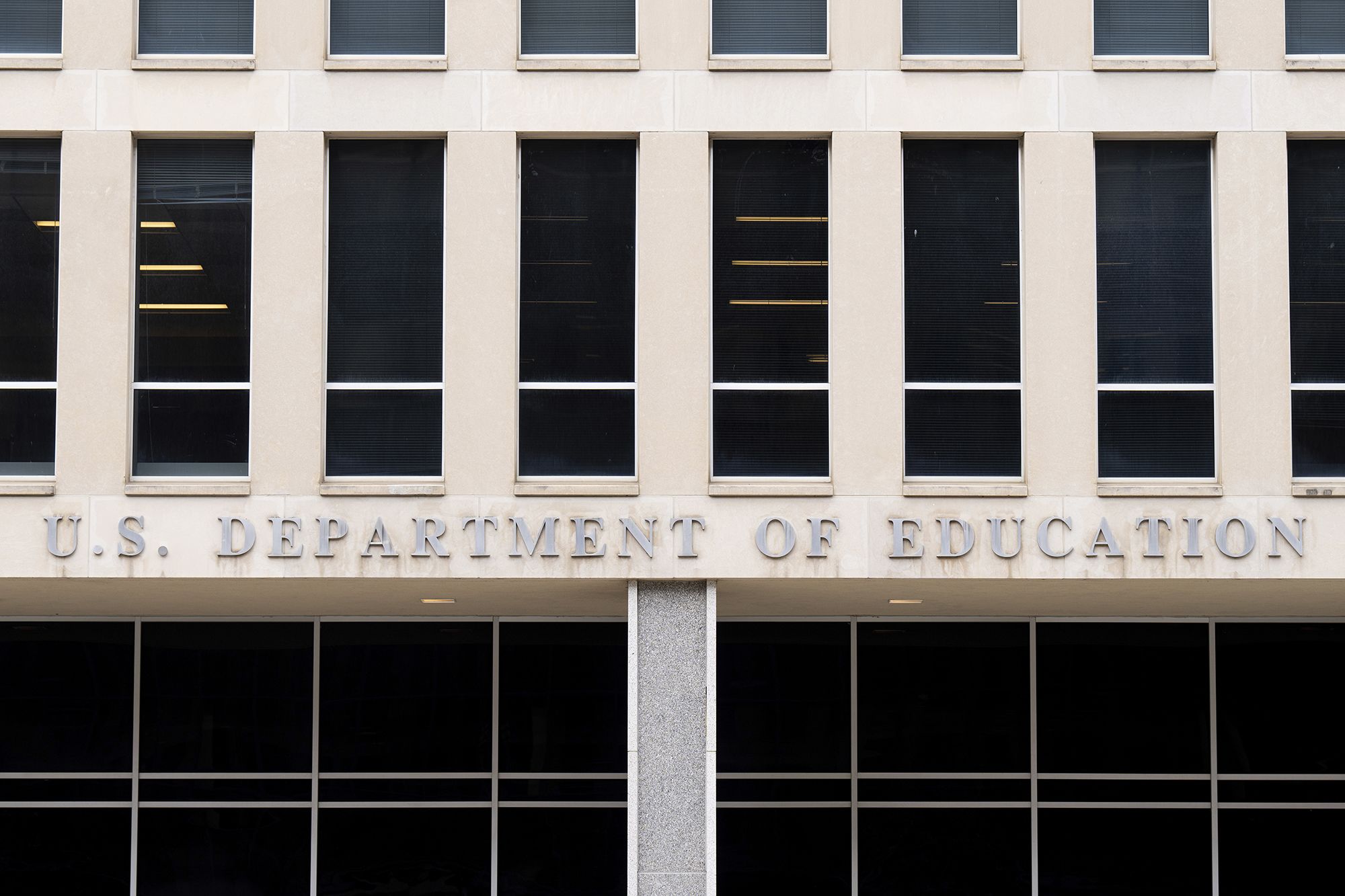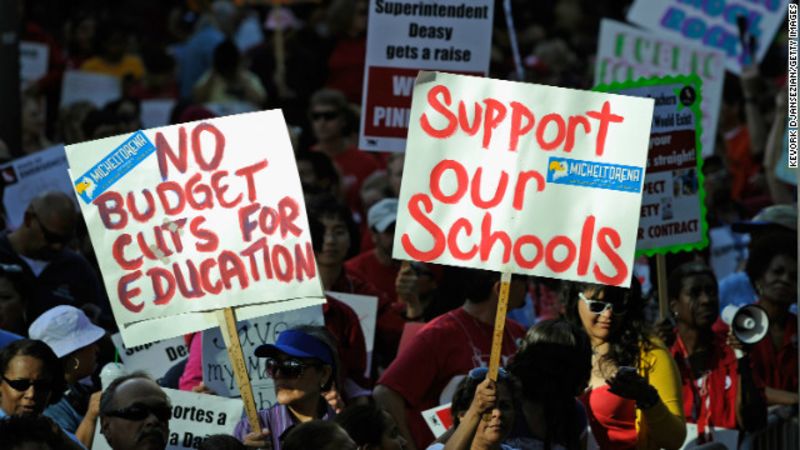The Trump administration’s latest maneuver to withhold nearly $7 billion in vital federal funding is a blatant assault on low-income students and their futures. This funding, essential for after-school and summer programs, English language learning, and teacher training, is now frozen, leaving millions of students in the lurch. The implications are staggering for the 1.4 million students who rely on these resources, the majority of whom come from lower-income backgrounds.
Understanding the Impact of Withheld Funds
According to AP News, these funds were expected to be released by Tuesday, but the administration has decided to keep them under review with no clear timeline for their release. This decision not only undermines federal commitments made to education but also reflects a broader strategy to dismantle public education as we know it.
Who Will Suffer the Most?
The Afterschool Alliance, a key organization advocating for expanded after-school services, has labeled this funding freeze as "catastrophic." Executive Director Jodi Grant estimates that this funding cut could affect around 20 percent of all students enrolled in after-school programs nationally. The administration"s decision disproportionately impacts marginalized communities that depend on these programs for academic support and safe environments after school.
The Legal Ramifications of Withholding Funds
This move is likely to face legal challenges as it raises significant questions about legality. Randi Weingarten, president of the American Federation of Teachers, has called this action "lawless," emphasizing that these funds were appropriated by Congress and approved by President Trump in a previous funding bill. The lack of transparency surrounding the review process only adds to the concerns regarding the administration"s blatant disregard for established legal frameworks.
Education Department"s Role in Dismantling Public Education
The Trump administration"s aggressive approach to education has included proposals to eliminate the Education Department entirely. While Congress holds the power to abolish the department, the administration"s actions reflect a broader ideological commitment to minimizing federal involvement in education, which is a critical source of support for low-income students. This effort to dismantle federal support structures poses grave risks to educational equity.
\n\n
Education Department cutting nearly half of workforce | CNN ...
Potential Consequences for Students and Families
The consequences of this funding freeze extend far beyond immediate educational disruptions. Children who rely on after-school programs for not only academic assistance but also meals and safe supervision may face insecurity at home. This is especially concerning for families already grappling with economic instability. The funding freeze exacerbates existing inequalities and denies marginalized communities the support they desperately need.
The Broader Economic Context
This funding standoff is indicative of a larger trend in economic policy that prioritizes wealth accumulation for the few over investment in human capital. The administration"s approach reflects a disregard for the foundational role that education plays in breaking cycles of poverty. Every dollar withheld further entrenches systemic inequalities that perpetuate wealth disparity. The decision to freeze funds is not just a political maneuver; it is an economic decision that will have lasting repercussions on our society.
What Comes Next?
As Democrats and teachers’ unions prepare to challenge the legality of this funding freeze, the need for grassroots advocacy has never been more urgent. Mobilizing communities to demand accountability and transparency from this administration is crucial in defending the rights of students. The future of education funding hangs in the balance, and it is imperative that we amplify the voices of those most affected by these decisions.

Five minute primer: School funding | CNN




![[Video] U.S. Education Secretary Linda McMahon addresses antisemitism and DEI in universities](/_next/image?url=%2Fapi%2Fimage%2Fthumbnails%2Fthumbnail-1764701456714-dldg8o-thumbnail.jpg&w=3840&q=75)


![[Video] Gunfire between Iraqi security forces and Sadr militias in Baghdad](/_next/image?url=%2Fapi%2Fimage%2Fthumbnails%2Fthumbnail-1768343508874-4redb-thumbnail.jpg&w=3840&q=75)
